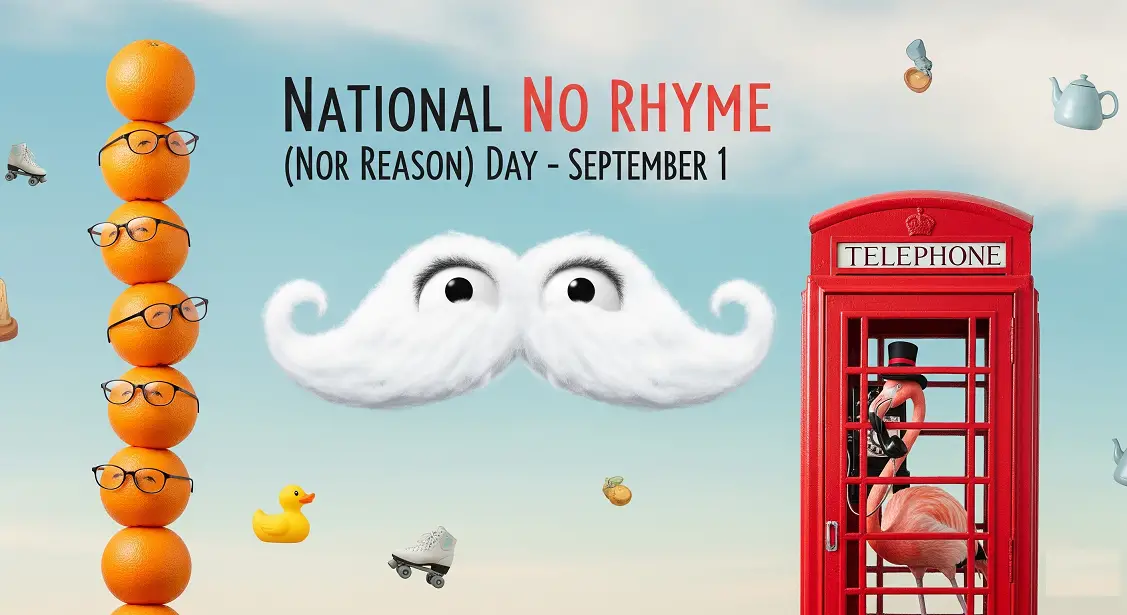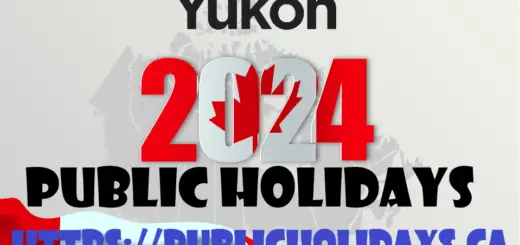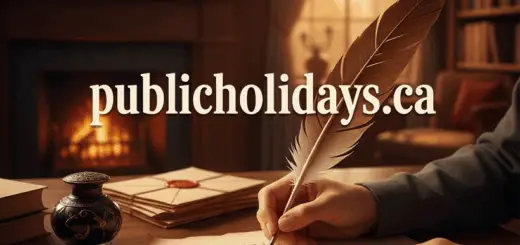National No Rhyme (Nor Reason) Day – September 1

There are days for poems and days for perfect meter — and then there’s National No Rhyme (Nor Reason) Day, a celebration of the quirky, the inexplicable, and those words and phrases that simply don’t conform. Whether you’re a language lover, a poet who embraces constraint, or someone who enjoys revelling in nonsense, this day is an invitation to laugh, play, and marvel at how wonderfully odd language can be.
What Does “No Rhyme (Nor Reason)” Mean?
The phrase “no rhyme or reason” typically describes something that lacks order or logic. Applied to language, it highlights irregularities, anomalies, and exceptions that don’t follow intuitive patterns. Over time, the phrase has also taken on a lighthearted meaning, acknowledging that not everything needs explanation and that some things are delightfully arbitrary.
When Is National No Rhyme (Nor Reason) Day?
This observance is recognized each year on September 1st. It’s a playful pairing with other whimsical or food-centred observances that fall around this date — offering a chance to celebrate both the sensorial and the nonsensical.
Origins & Historical Context
Like many modern “national” observance days, National No Rhyme (Nor Reason) Day grew from cultural interest rather than from a historical proclamation. Language enthusiasts, teachers, and social communities interested in playful literacy popularized the idea: a day to spotlight the fun parts of language that don’t play by the rules. It’s less about a strict historical origin and more about cultural celebration.
Words That “Have No Rhyme” — Real & Mythical
We often hear lists of words that are difficult or impossible to rhyme perfectly in English. Some of the most popularly cited “unrhymable” words include:
- Orange
- Silver
- Month
- Purple
- Pint (commonly cited for its imperfect rhymes)
It’s worth noting that in creative poetry, forced slant rhymes, dialectal pronunciations, or compound constructions can often produce near-rhymes — and poets delight in stretching language to make endings sing. But the mythos of these “no rhyme” words remains a fun part of literary conversation.
The Joy of “No Reason” — Embracing Nonsense
“No rhyme nor reason” also points to a joy of nonsense — think Lewis Carroll, Edward Lear, and modern absurdists. Language can be beautiful when it’s precise, but it can also be wildly enjoyable when it’s playful and free from explanatory burden. Celebrating nonsense can mean telling silly stories, inventing bogus etymologies, or enjoying nonsensical songs.
Activities & Games for National No Rhyme (Nor Reason) Day
This day is ideal for interactive wordplay. Here are creative activities for classrooms, writers, and families:
Unrhymable Word Challenge
Give players a list of “unrhymable” words and challenge them to write a short poem that includes at least two of them. Allow slant rhymes and imaginative phrasing — the more inventive the approach, the better.
Invent-a-Word Contest
Invent new words and craft definitions and sample sentences. Bonus points for hilarious usage examples. This helps expand vocabulary playfully and encourages linguistic creativity.
Nonsense Limericks & Mad Libs
Write limericks that celebrate absurdity or adapt Mad Libs with particularly odd nouns and adjectives. These activities are great for elementary classrooms and adult writing groups alike.
Dialects & Pronunciation Flex
Explore how regional pronunciations create rhymes where none seem to exist. Play with pronunciation variations — sometimes “orange” can rhyme with a phrase rather than a single word (e.g., “door hinge” in some accents) — and use this as a playful linguistic experiment.
Teaching Moments: Language, Rules, and Exceptions
Teachers can use the National No Rhyme (Nor Reason) Day to:
- Discuss why English has irregularities (history of languages, borrowings, sound shifts).
- Explore how poets use constraints and exceptions for effect.
- Encourage students to ask “why” about everyday language and to investigate word origins.
Poetic Exercises: Constraints & Creativity
Some of the most interesting poetic inventions happen under constraints — like lipograms, palindrome challenges, or writing without certain letters. Using “no rhyme” words as anchors forces poets to use inventive phrasing and imagery, producing unusual and compelling compositions.
Famous Examples in Literature
English literature is full of playful experiments that toy with rhyme and reason. Examples include:
- Lewis Carroll — master of joyful nonsense in works like Jabberwocky.
- Edward Lear — king of limericks and absurdities.
- Contemporary spoken-word poets deliberately use slant rhyme and internal rhyme to keep language surprising.
Digital Media & Social Celebrations
On social media, National No Rhyme (Nor Reason) Day is a chance for viral moments: users post “unrhymable” word lists, try awkward rhymes in video clips, or make short skits around nonsensical phrases. Hashtag challenges invite others to riff on the theme, sharing poems, voice memos, or comedic sketches.
Practical Uses: When “No Reason” Sparks Creativity
Professionals use the concept of “no rhyme or reason” as a creative strategy. In brainstorming, allowing ideas that seem arbitrary can lead to unexpected innovations. Writers use nonsense to break writer’s block; improvisers use illogical prompts to spark spontaneity.
How to Celebrate — Simple Ideas
- Write a poem: Make the challenge to include two or three “unrhymable” words.
- Host a word party: Ask guests to invent words and explain them — the sillier the better.
- Share a riddle: Create riddles that intentionally have no logical answer — celebrate ambiguity.
- Record and share: Turn short performances into clips and post with a playful hashtag.
Why This Day Matters
National No Rhyme (Nor Reason) Day sits at the intersection of education and play. It encourages curiosity about language and invites us to be comfortable with the unexplained. Embracing a bit of nonsense helps us think outside expected patterns, refreshes creativity, and reminds us that not everything must be understood to be enjoyed.
Final Thoughts
Language is a living thing — messy, historical, and full of delightful exceptions. National No Rhyme (Nor Reason) Day is a celebration of those quirks: the words that refuse perfect rhyme, the conversations that defy tidy explanation, and the creative plays that arise when the rules are tossed aside. On this day, find freedom in the illogical, make a poem that makes no sense, and enjoy the sheer joy of words.




